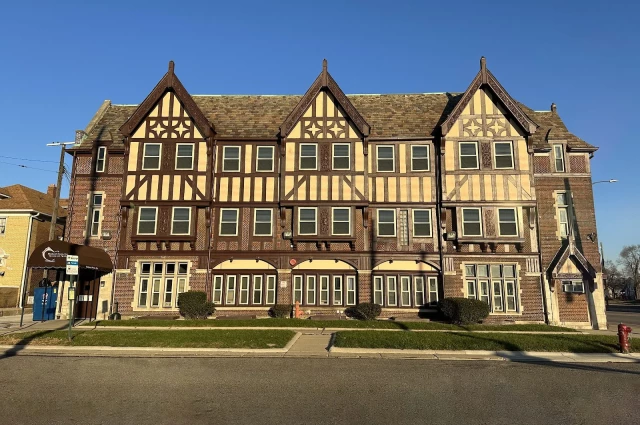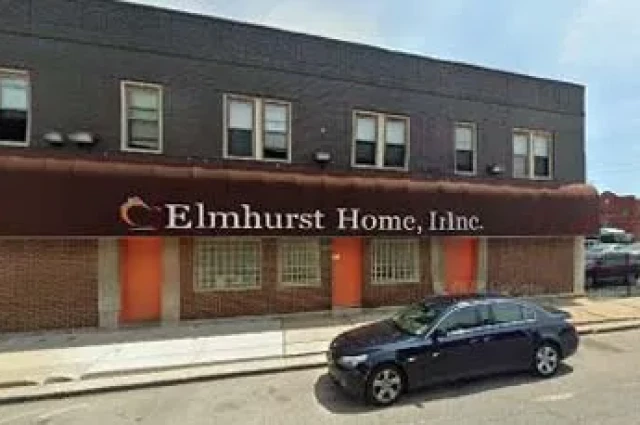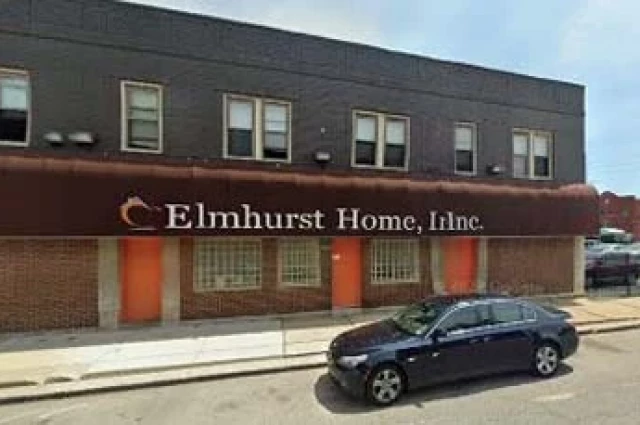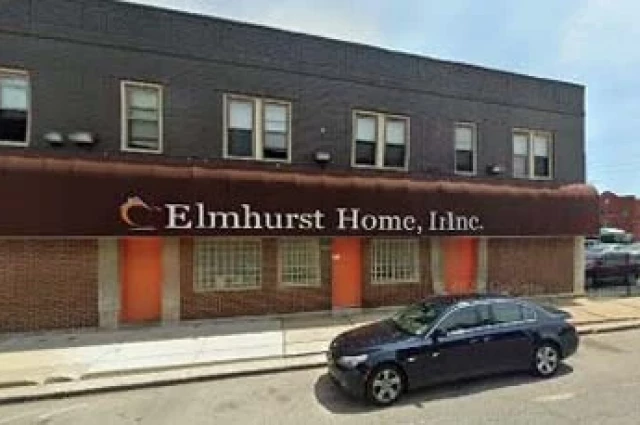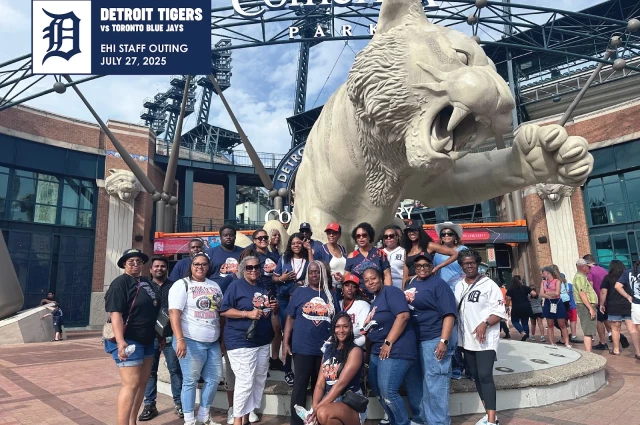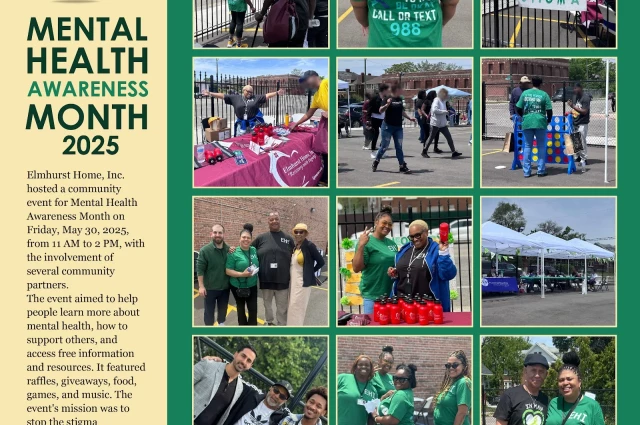Elmhurst Home Information
Treatment
Who We Treat
- Male and Female
Treatment Focus
- Licensed Primary Mental Health
- Gender-Specific
Approaches
- Individual Treatment
- Evidence-Based
- Medical
- Gender-Specific
- Group Therapy
- Holistic
- Cognitive Behavioral Therapy (CBT)
- Psychodynamic Therapy
- 1-on-1 Counseling
- Psychodrama
- Relapse Prevention Counseling
Conditions We Treat
- Depression
- Anxiety
- Bipolar Disorder
- Post Traumatic Stress Disorder (PTSD)
- Obsessive Compulsive Disorder (OCD)
- Trauma
- Stress
- Bipolar
- Anger
- Co-Occurring Disorders
Substances We Treat
- Benzodiazepines
- Prescription Drugs
- Heroin
- Opioids
- Methamphetamine
- Synthetic Stimulants (Bath Salts)
- Psychedelics
- Synthetic Drugs
Languages
- English
Aftercare
- Discharge Planning
- Intensive Outpatient Program
Level of Care
- Outpatient
- Intensive Outpatient Program (IOP)
Experience
Special Considerations
- Gender-specific groups
Smoking and Vaping Policy
- Smoking Allowed in Designated Areas
- Vaping Not Allowed
Accreditations
-
State department of health
State Licenses, issued by government agencies, authorize rehabilitation organizations to legally operate within designated geographical areas. The specific licenses required for operation are typically determined by both the nature of the rehabilitation program provided by the facility and its physical location.

-
Commission on Accreditation of Rehabilitation Facilities (CARF)
Established in 1966, the non-profit organization known as the Commission on Accreditation of Rehabilitation Facilities (CARF) has a dedicated focus on accrediting rehabilitation organizations. CARF's primary mission is to assist service providers, particularly rehabilitation facilities, in upholding and promoting the highest standards of care.

Elmhurst Home Accepts The Following Insurance Plans
Find the best treatment options. Call our free and confidential helpline today!
